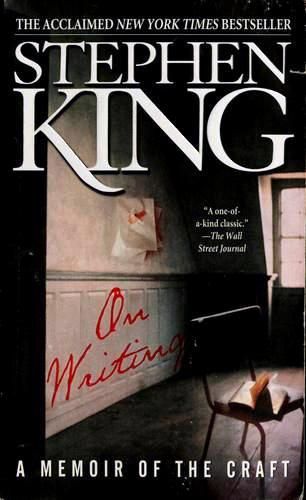
Reviews
Nast@nast
C. J. Daley @cjdscurrentread
Patrick Book@patrickb
Arihant Verma@arihant
Sarah Sammis@pussreboots
Teresa Bonifácio@teresabonifacio
Vicky Nuñez @vicky21
Bella Koch@amk
Deepika Ramesh@theboookdog
Nuvena Rajendran@nuvenar
Bern de Belen@gelbadoodle
M. Marques@shvvffle
matej yangwao@yangwao
Taylor Griffin@tayreadssometimes
Ivan Giorgi@ivangio
Sarah Schumacher@smschumacher
Japes Fawcett@jaaapes
Michael Springer@djinn-n-juice
Ed Kay@edk
Lorenzo Barretta@bavuett
Cristian Garcia@cristian
Keven Wang@kevenwang
Rohan Uddin@thesparrowfall
Erwin Lemuel Oliva@erwinoliva
Highlights
Marcos Rodriguez@mjrodriguez